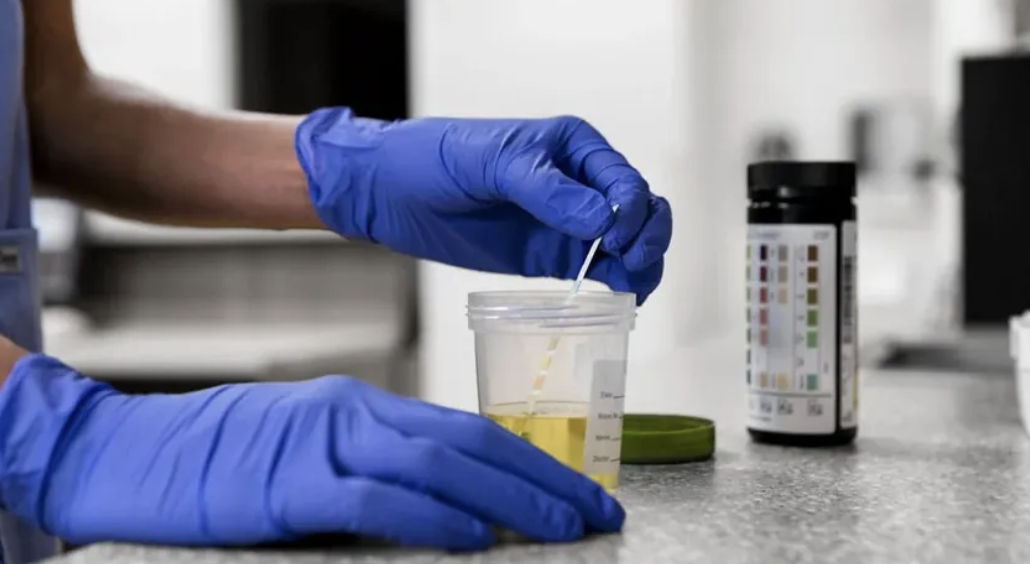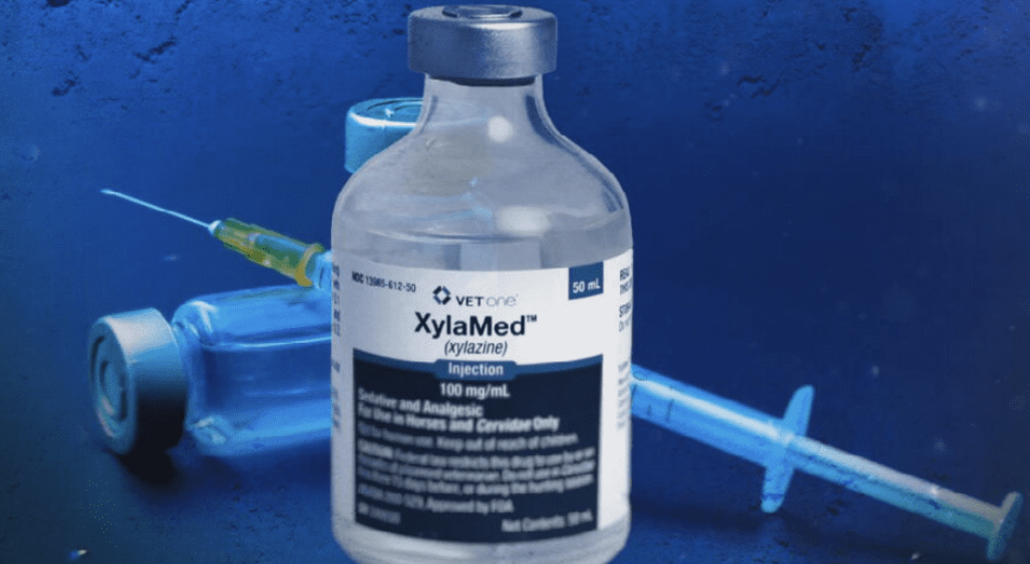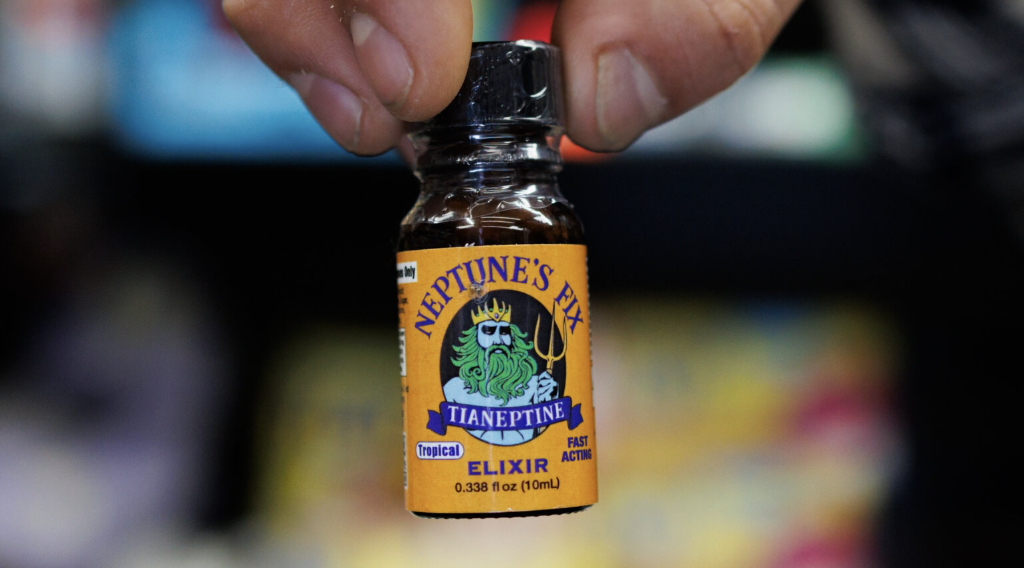Pop culture often promotes the notion that having a good time means drinking heavily enough to forget the events of the previous night. However, this forgetfulness, known as an alcohol-induced blackout, carries significant risks that differ greatly from what is typically shown in the media.
Being blackout drunk describes a temporary lapse in memory triggered by a rapid rise in blood alcohol levels. While the terms “blackout” and “passing out” are frequently used interchangeably, they are not the same. Passing out signifies a complete loss of consciousness from excessive drinking, whereas a blackout is a distinct phenomenon.
During a blackout, a person’s brain is unable to create new short-term memories or store them for later recall, even though the person remains awake and aware. Recognizing when someone is experiencing a blackout can be challenging, as they may behave normally and display signs similar to general intoxication. Symptoms associated with blackouts include headaches, dizziness, muscle spasms, vision disturbances, and slurred speech.
Avoiding blackouts is essential for reducing their potential dangers. The most effective ways to prevent a blackout are to refrain from drinking, eat food before and while consuming alcohol, drink water to stay hydrated, and sip alcoholic beverages slowly rather than drinking rapidly.
What is Blackout Drunk?
Blackout drunk describes episodes where individuals experience gaps in memory and a sensation of missing time. Even though people remain conscious during a blackout, they cannot recall things that took place while they were intoxicated.
Some memories may occasionally resurface after a blackout, but this is uncommon. Often, it feels as though those moments never occurred at all. Experiencing a blackout does not automatically indicate alcoholism. Nevertheless, the fact that you have blacked out is a serious warning sign and should encourage you to seek healthier habits in place of problematic drinking.

What are the types of blackout drunk?
Blackouts from alcohol are classified into two main types: fragmentary blackouts and en bloc blackouts. Both involve memory loss caused by excessive alcohol consumption, but they differ in how memory is affected and whether any memories can be recovered.
1. Fragmentary blackouts
Also known as “brownouts,” these are partial memory lapses where individuals recall only bits and pieces of events.
- Memory gaps may be filled in later through reminders or conversations.
- The person might remember certain details but have no clear timeline or context.
- This is the most common type of blackout.
2. En bloc blackouts
These are complete memory losses for a specific time period during intoxication.
- No amount of prompting or reminder can recover the lost memory.
- The brain fails to record events entirely, even though the person appeared conscious and responsive.
- This type of blackout indicates a higher level of alcohol-induced memory disruption.
Both types suggest high blood alcohol concentrations and impaired functioning of the hippocampus, the brain region responsible for forming new memories. Regular blackouts, especially en bloc, may signal harmful drinking patterns and increased risk of long-term cognitive damage.
What are the symptoms of being blacked out drunk?
Recognizing if a person is experiencing a blackout can be difficult since they may continue to act as usual. The following are symptoms associated with being blackout drunk.
1. Feeling Dizzy
Dizziness, often called "the spins," is a common result of heavy alcohol consumption. It generally appears as either lightheadedness or vertigo. Lightheadedness is an uncomfortable feeling that you might faint or lose consciousness, while vertigo gives the illusion that you or the room is spinning or moving. In more serious situations, dizziness can cause fainting, a loss of consciousness, and a higher chance of injury.
2. Experiencing Headaches
Drinking excessively to the point of blacking out can cause blood vessels to widen and activate specific nerves in the brain, resulting in a headache. Alcohol's diuretic properties also contribute to this symptom. Headaches may develop anywhere from 30 minutes to 3 hours after consuming alcohol, and research shows that alcohol is a significant trigger for migraines. As a result, individuals who are susceptible to migraines often experience headaches after drinking.
3. Muscle Contractions or Spasms
Experiencing a blackout while drinking can lead to muscle discomfort. Along with muscle spasms, individuals might also feel muscle weakness following a night of heavy drinking. Though the exact reasons for alcohol-related muscle damage are not entirely clear, some experts believe it relates to the liver prioritizing the removal of alcohol over clearing out lactic acid generated during physical activity. This delay means lactic acid remains in the body longer, which can contribute to muscle cramps and ongoing pain.
4. Altered Vision
Consuming large amounts of alcohol that lead to a blackout can result in changes to vision, such as blurriness or double vision. These problems arise from alcohol's impact on the nervous system, which slows reaction times and disrupts coordination of the eye muscles. Prolonged heavy drinking can also result in diminished color perception, reduced peripheral vision, and thinning of the cornea, all of which increase the risk of permanent vision impairment.
5. Trouble Speaking
Reaching the point of being blackout drunk means that alcohol has affected the brain enough to slow its communication with the body, which often results in slurred speech. Research also indicates that persistent heavy drinking can make it difficult to convey different emotions through vocal tone, which may cause confusion and negatively impact personal relationships.
How to know if you blacked out from drinking alcohol?
Blacking out from alcohol typically becomes clear only after the fact, when you realize you cannot remember specific conversations, actions, or entire portions of time, despite being awake and active. Others may describe things you did or said that you have no memory of, and these memory gaps often cannot be filled in, even with reminders. This experience is distinct from passing out, where consciousness is lost. Instead, during a blackout, your brain simply fails to record new memories due to alcohol's disruption of the hippocampus.
While you are in a blackout, it may not feel dramatically different. You may still be talking, walking, and interacting with others, though your behavior might be more reckless or confused. Some people feel extremely intoxicated, with slurred speech, poor coordination, blurred vision, but others can appear almost normal. The troubling realization sets in later, when you become sober and face a blank space in your memory. This disconnection from your own behavior can feel disturbing, unsettling, and may even lead to feelings of shame or concern, especially if it happens repeatedly.

Do drunk people remember after a blackout from alcohol?
No, people typically do not remember what happened during an alcohol-induced blackout. During a blackout, the brain’s ability to form and store new memories, specifically through the hippocampus, is temporarily impaired by high levels of alcohol. While individuals may appear fully conscious and functional at the time, the events are not being recorded into long-term memory. As a result, these memories are not accessible later, even after sobriety is regained. In cases of fragmentary blackouts, some scattered memories might return if triggered by cues or conversations, but for en bloc blackouts, the memory loss is usually permanent. The person will have no recollection of what occurred during that time, regardless of reminders.
What are the causes of blacking out drunk?
Blacking out from alcohol is primarily caused by a rapid rise in blood alcohol concentration (BAC), which impairs the brain’s ability to form new memories. The most common contributing factors include binge drinking, mixing alcohol with medications, drinking on an empty stomach, dehydration, and lack of sleep.
Binge drinking, defined as consuming five or more drinks for men, or four or more for women, in about two hours, can quickly elevate BAC to 0.08 percent or higher. Blackouts typically occur at BAC levels of 0.16 percent and above. At these levels, the hippocampus, the brain’s memory center, temporarily stops functioning, preventing memory formation during intoxication.
Mixing alcohol with certain medications, such as benzodiazepines or sleep aids, intensifies cognitive impairments and raises the likelihood of blacking out. These drug-alcohol combinations interfere with memory encoding and can deepen the effects of intoxication.
Not eating before drinking, or engaging in “drunkorexia” (skipping meals to offset alcohol calories), also significantly raises blackout risk. A 2023 study published in Appetite found a strong association between disordered eating behaviors, such as drunkorexia, and heightened alcohol-related consequences, including blackouts.
Dehydration further compounds alcohol’s impact. Alcohol’s diuretic effect causes rapid fluid loss, which increases intoxication severity. Staying hydrated helps regulate alcohol absorption and reduces the likelihood of blacking out.
Finally, lack of sleep makes the brain more susceptible to alcohol’s disruptive effects. Sleep deprivation impairs cognitive function and lowers tolerance to alcohol, increasing vulnerability to blackouts.
A separate study published in Substance Use & Misuse found that individuals who drink to cope with stress, anxiety, or social discomfort are also more prone to blackouts, particularly when binge drinking is involved.
Together, these findings highlight that blackouts are not just the result of how much alcohol is consumed, but also why, how, and under what conditions it is consumed.

How many alcohol shots does it take to cause a blackout?
The number of alcohol shots it takes to cause a blackout varies, but it typically occurs when a person’s blood alcohol concentration (BAC) reaches around 0.16 percent or higher. For most adults, this can happen after consuming approximately 7 to 9 standard shots of liquor (1.5 oz at 40% ABV) for men, and about 5 to 7 shots for women, within a short time, usually two hours or less. This estimate assumes the person is drinking rapidly, without eating or hydrating, which accelerates alcohol absorption and increases intoxication.
However, this number is not the same for everyone. Several individual factors influence how alcohol affects the body, including body weight, sex, metabolism, drinking speed, food intake, hydration status, medications, and sleep quality. For example, someone who drinks on an empty stomach or is taking sedative medications may black out after fewer drinks, while another person with a higher alcohol tolerance or slower drinking pace might require more. Because of these differences, there is no universally safe or predictable number of shots before a blackout occurs.
What happens to your body if you’re blackout drunk?
When you are blackout drunk, your body may appear functional, speaking, walking, and responding, but internally, critical brain functions are impaired. Alcohol significantly slows communication between neurons, leading to slurred speech, delayed reaction times, poor coordination, and most notably, a disruption in memory formation. This disruption centers on the hippocampus, the part of the brain responsible for creating and storing new memories.
During a blackout, the hippocampus becomes unable to transfer information from short-term to long-term memory. As a result, even though you're awake and interacting, your brain fails to record what is happening. This leads to periods of complete memory loss, known as en bloc blackouts, or partial gaps, known as fragmentary blackouts. A 2021 study published in Addictive Behaviors found that memory impairment during drinking episodes was closely tied to elevated levels of consumption and rapid increases in blood alcohol concentration.
Furthermore, blackout drinking is associated with behavioral disinhibition and impaired self-control, which increases the risk of unsafe or harmful actions. A latent profile analysis in Alcoholism: Clinical and Experimental Research also linked frequent blackout drinking with higher impulsivity and greater vulnerability to alcohol-related harms, including accidents and risky behaviors.
Overall, being blackout drunk places immense strain on both the brain and body, and repeated blackouts may contribute to long-term cognitive decline and increased risk of alcohol use disorder.

Can blacking out cause brain damage?
Yes, blacking out from alcohol can cause long-term harm to the brain, especially when it occurs frequently. Blackouts result from alcohol temporarily disabling the hippocampus, the brain region responsible for forming new memories. While a single episode may not cause permanent damage, repeated blackouts can lead to brain cell shrinkage, cognitive decline, and impaired decision-making. Over time, this can affect memory, attention, and emotional control.
Blacking out is not just a short-term concern; it signals harmful levels of alcohol exposure that can increase the risk of mental health issues. Research also shows a strong link between blackout drinking and suicidal thoughts or behaviors. One study found that individuals who frequently black out are significantly more likely to report recent suicidal ideation and attempts, particularly when drinking is used as a coping mechanism. These findings highlight that blackouts are both a neurological risk and a potential indicator of deeper emotional distress.
Is blacking out and alcohol poisoning the same thing?
No, blacking out and alcohol poisoning are not the same, though both are serious consequences of excessive drinking.
Blacking out occurs when alcohol interferes with the brain’s ability to form new memories. A person who blacks out may still appear awake, speak clearly, and engage in normal activities, but will later have no recollection of what happened during that time. This memory loss is caused by alcohol’s impact on the hippocampus, not by a loss of consciousness.
In contrast, alcohol poisoning is a life-threatening medical emergency that results from consuming a toxic amount of alcohol in a short period. It severely depresses the central nervous system and can lead to symptoms such as vomiting, slow or irregular breathing, low body temperature, unconsciousness, and even death. Unlike someone in a blackout, a person experiencing alcohol poisoning may become unresponsive or comatose and require immediate medical attention.
While blackouts can be an early warning sign of dangerously high blood alcohol levels, they do not always indicate poisoning. However, both are signs that drinking has reached harmful levels and should not be ignored.
What should you do if someone is blackout drunk?
If someone is blackout drunk, remember that their judgment is likely impaired. Keep this in mind while offering support to someone in this condition.
You can help by giving them a glass of water and ordering some food, as this can slow their alcohol consumption and give their body more time to process it. Remaining with them is important to ensure they do not engage in dangerous behavior or harm themselves or others.
It is also vital to keep them awake, as falling asleep can cause blood alcohol levels to rise further, increasing the risk of harm. Make sure they get home safely or let them stay over at your place so they can sober up in a secure setting.
Going forward, have an honest conversation with them about setting drink limits, and encourage eating and staying hydrated before future drinking occasions.
Why do blackouts happen when drinking?
Blackouts occur when excessive alcohol hampers the hippocampus, a part of the brain essential for forming and storing new memories.
The memory disruptions caused by blacking out may become more noticeable over time, even after sobriety. Frequent binge drinking can permanently harm the hippocampus, leading to shrinking brain cells and making it harder for the brain to form new memories.
How can you prevent a blackout from occurring?
Blackouts can result in dangerous actions that may lead to serious, even life-threatening, consequences. The ways to stop blacking out while drinking are listed below.
- Avoid alcohol: Steering clear of alcohol provides numerous health advantages. Besides preventing blackouts, it can enhance sleep quality and strengthen personal relationships. Beyond abstaining, practicing moderation and keeping track of your alcohol intake can also reduce the risk of blackouts.
- Eat before and while drinking: Consuming food both before and during drinking sessions is beneficial. Alcohol enters the bloodstream through the stomach, so having less food means alcohol is absorbed faster, increasing the chances of a blackout. Eating helps slow the absorption of alcohol, allowing your body more time to process it.
- Drink plenty of water: As alcohol has a diuretic effect, it leads to increased fluid loss through urination, making hangovers worse if you are not well-hydrated beforehand. Drinking water before, during, and after drinking helps flush out toxins and restores hydration.
Other ways to prevent blackouts include:
- Get adequate rest before drinking.
- Pace your drinking to reduce overall alcohol intake.
- Set a personal drink limit according to your tolerance.

How to not blackout when drinking alcohol?
To avoid blacking out while drinking, it’s essential to manage both the amount and the pace of alcohol consumption. Start by eating a full meal before drinking, especially one rich in protein and healthy fats, as food slows alcohol absorption and helps maintain stable blood alcohol levels. During drinking, pace yourself by limiting your intake to no more than one standard drink per hour and alternate each alcoholic beverage with a glass of water to stay hydrated and reduce overall consumption. Avoid taking shots or drinking on an empty stomach, as both cause your blood alcohol concentration to spike rapidly, increasing the risk of a blackout. It’s also important to get adequate sleep beforehand, as sleep deprivation makes the brain more vulnerable to alcohol’s effects. Finally, avoid mixing alcohol with medications or other substances, especially those that affect the central nervous system, as these combinations can intensify memory impairment. By following these strategies, you can reduce the chances of blacking out and drink more responsibly.
How can you recognize if someone is blackout drunk?
It can be difficult to tell if someone is blackout drunk. While some individuals might slur their speech or begin to forget recent events, others can appear fully coherent and show no obvious signs of memory impairment.
Dr. Donal F. Sweeney, in his book, discussed this phenomenon and suggested several methods to test for blackouts. For example, you could ask the person to recall something said just minutes earlier, or give them three unrelated words and check if they remember these words after you distract them or shift the conversation.
If the person is able to recall the words or recent events, they likely are not experiencing a blackout. On the other hand, if they cannot remember the words or recall what happened a few minutes before, they may be in a blackout and should not be left unattended.
How long do blackouts typically last?
A drunk blackout can range from a few minutes to several days, as its duration varies for each individual and depends on several factors, including how much alcohol was consumed, the speed of consumption, and personal physiology.
A blackout will subside once the alcohol is fully metabolized by the body, allowing the brain to resume normal memory processing after sobriety is regained.
Can blackouts lead to other health issues?
Yes, alcohol-induced blackouts can lead to complications and lasting issues, particularly affecting the brain. Ongoing alcohol use frequently impacts the frontal lobe, and repeated harm to this area can impair focus, task performance, and impulse control.
Drinking heavily enough to blackout also increases the risk of numerous problems, such as brain damage, cognitive difficulties, shifts in personality, accidents or injuries during blackout episodes, and neurological issues like memory loss and confusion.
















